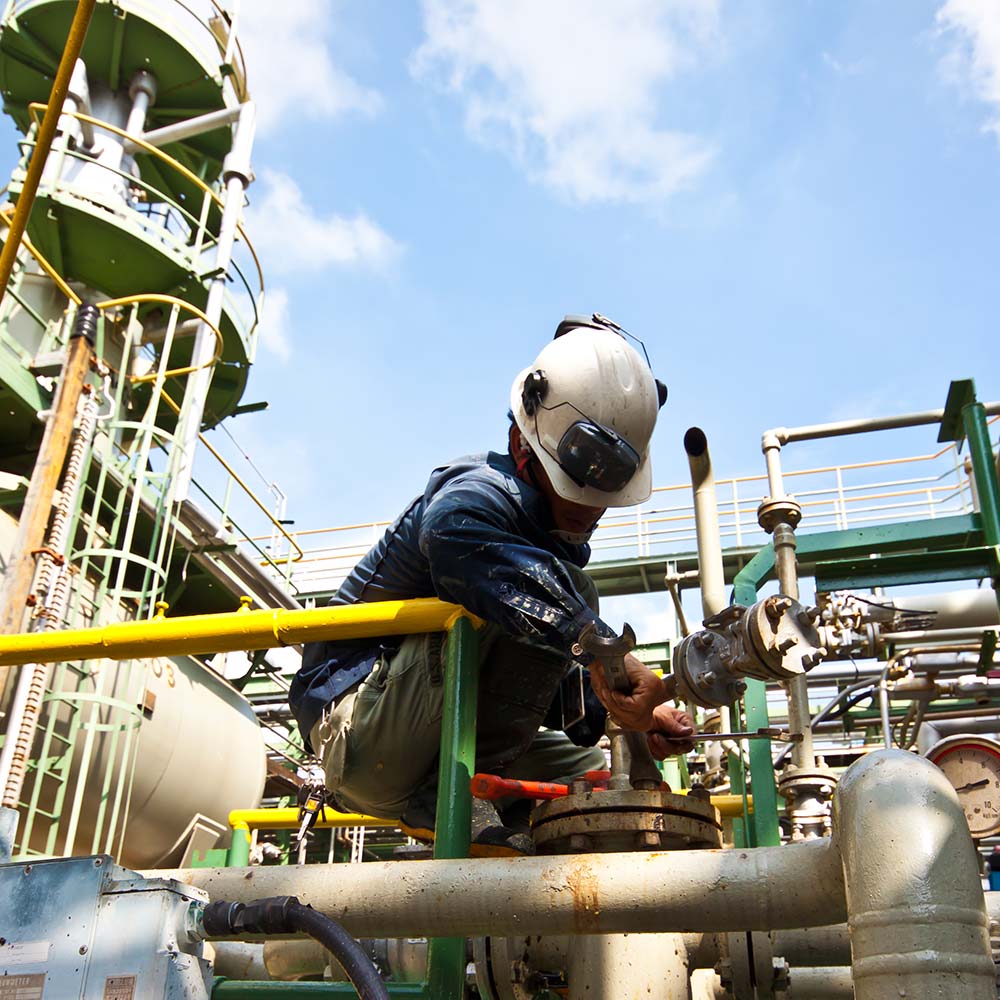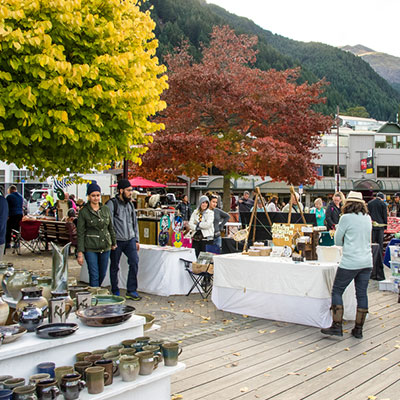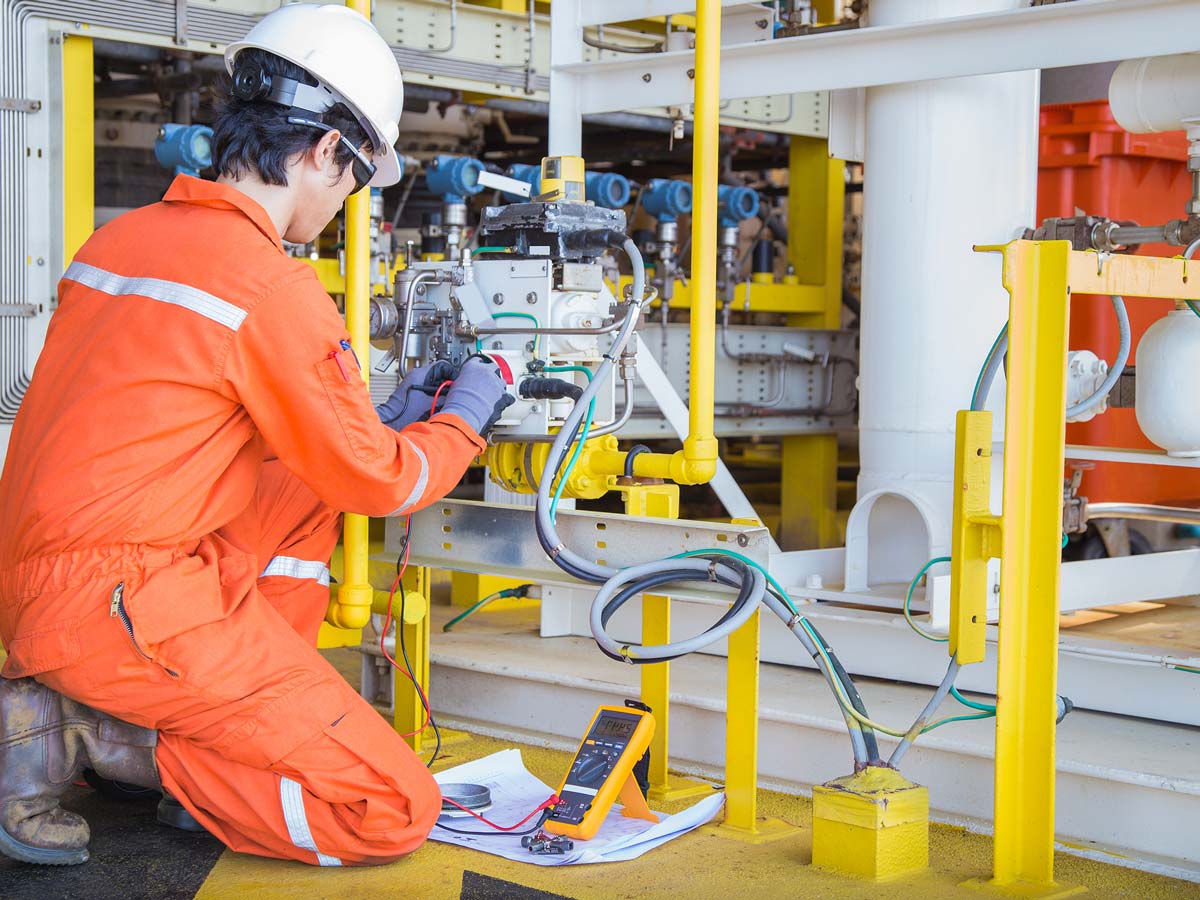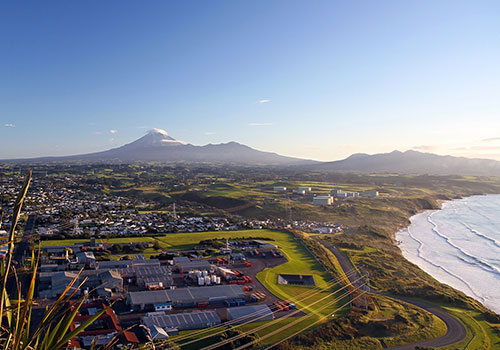Keeping the profits in New Zealand
- In this section:
The New Zealand government is tasked with protecting and recouping the value of our natural assets on the behalf of all kiwis. To that effect, government has established a comprehensive set of rules and regulations covering oil and gas exploration and production in New Zealand - maximising the benefit for the country.

The cost of doing business
1
New Zealand companies alone can't afford to recover our natural assets.
The sheer volumes of investment required, along with the international nature of industry expertise and personnel, means we depend on partnering with foreign companies to recover our natural assets.
Like any commercial operation, attracting these companies to invest in New Zealand is, in large part, based on their sense of achieving profits from their activity here.
A good deal for New Zealand
2

Of all profits
42%
are for New Zealanders

NZ has received royalties of over
$3b
in the last decade from Oil & Gas

Right now, approximately 42% of all profit from any producing field is returned the New Zealand government in the form of royalties and levies and corporate tax.
Royalties are the fees companies have to pay the government for the rights to explore and produce oil and gas in New Zealand.
Taxes are the standard corporate taxes that the government collects from all companies and organisations doing business in New Zealand.
Given the nature of exploring and producing oil in New Zealand, this rate of return for kiwis is substantial.
For more information on royalty and tax income, click on the link below.
How does New Zealand benefit from a strong oil and gas industry?
3
Apart from the absolute dollar value of royalties and taxes paid to the New Zealand government by oil and gas companies, kiwis benefit in many ways from oil and gas activity:
- High quality jobs, careers and training in the regions that need them
- Hundreds of millions of dollars of direct foreign investment into our regions
- Improved infrastructure and productivity
- Cash flow for hundreds of supplier companies
- Increased business activity for retailers
- Support and sponsorship for grassroots community organisations
- Billions of dollars in royalty and tax payments for essential services
- A more diverse economy with substantially greater earning power
- Energy sovereignty, producing more of our own energy locally rather than relying on imports
What are some of the concerns people have about profits from our industry?
4
Concern 1: All the money goes offshore.
It’s true, many foreign companies have earned substantial profits by exploring and producing oil and gas in New Zealand.
However, the current royalty payment and taxation regime ensures that 42% of profits from most producing fields are returned to the New Zealand government.



Concern 2: The money goes to the national government, not to the local communities where the industry resides.
While royalty and tax payments accrue to the New Zealand government, local communities benefit from oil and gas activity in many ways - from more and higher value jobs, busier towns and regions, and active communities.

Busy towns
Our small towns and regions are crying out for investment.
Oil and gas companies invest millions of dollars in exploration and production activity, to date primarily in the Taranaki region.
These construction projects provide cashflow for any number of support and service companies, from engineers to local retailers. This kind of healthy commercial activity creates busy towns.
For more on the benefits of busy towns, click on the link below.

Jobs
Jobs in the oil and gas industry are high value jobs that create more wealth for New Zealand per capita.
Jobs in oil and gas earn on average twice the national salary.
While many jobs are highly skilled, and require international expertise and high qualifications, many jobs are created locally during the construction and decommissioning phases of an oil and gas project.
Jobs are also created through the ongoing support and services sector required to keep the oil and gas project up and running.
For more on the benefits of quality jobs, click on the link below.

Active Communities
Oil and gas companies have a long track record of directly supporting their communities with substantial and long term sponsorships of all sorts of local organisations, events and needs.
For more on the benefits of active communities, click on the link below.



